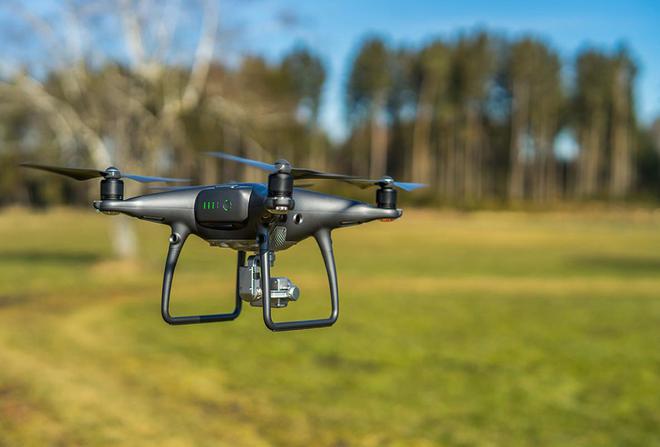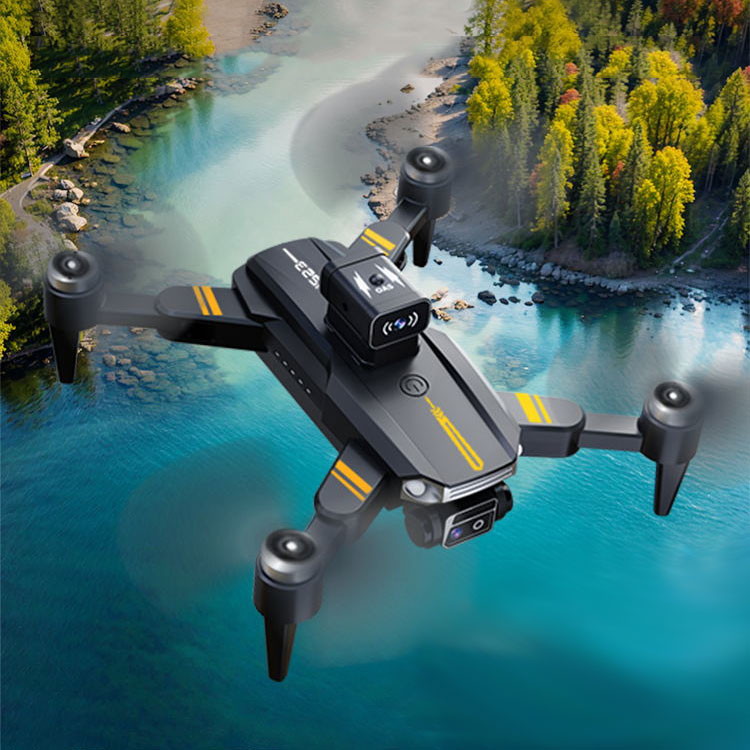The decision to ban DJI drones has far-reaching consequences, particularly in the realms of aerial photography and filmmaking. DJI, a dominant force in the drone industry, has provided unparalleled technology that has revolutionized the way aerial footage is captured. This ban, therefore, would significantly alter such related fields.
Understanding the Ban on DJI Drones

Regulatory bodies have cited various concerns regarding the usage of DJI drones. One of the primary reasons includes privacy issues, as these drones can capture high-resolution images and videos that may intrude on personal spaces. Additionally, DJI drones have faced scrutiny due to potential security risks, with allegations of data transmission to foreign entities.
Impact on Aerial Photography
Aerial photographers heavily rely on DJI drones for their advanced capabilities, such as precise control, stability, and high-quality images. The ban limits access to these benefits and professionals may need to seek alternatives that might not match DJI’s technology. Consequently, the quality of aerial photography may decline, and costs could rise due to the need to invest in multiple pieces of equipment to achieve similar results.
Effect on Filmmaking
In filmmaking, DJI drones have become essential tools. They offer filmmakers creative freedom, enabling shots from dynamic angles and unprecedented heights. A ban on DJI drones constrains filmmakers to older, less effective methods, hindering creativity and increasing production costs. The influence on indie filmmakers could be more pronounced, as they often lack the budget for alternative solutions.
Exploring Alternatives

With DJI drones restricted, exploring alternatives becomes necessary. Other drone manufacturers are stepping up to fill the gap, but matching DJI’s innovation remains a challenge. Technological advances from these competitors are necessary to attract professionals formerly reliant on DJI’s products. The industry must adapt, focusing on developments in safety features and privacy-protection mechanisms.
The ban stimulates innovation but might initially slow development as challenges are addressed.
Long-Term Consequences
The ban’s implications extend beyond immediate limitations. Industry standards may shift, creating a new landscape for drone technology and usage. Companies might prioritize building drones that comply with updated regulations, potentially leading to safer and more secure drones. This transition can stimulate growth, diversity in drone technology, and open doors for new competitors.
FAQ
What are the alternatives to DJI drones?
Several companies offer drones that can serve as alternatives to DJI, such as Autel Robotics and Parrot. These brands are enhancing their features to compete with DJI in performance and reliability.
How does the ban affect drone hobbyists?
Drone enthusiasts may find their options limited, affecting their ability to capture footage or fly drones recreationally. Alternatives may be available, but potentially at higher costs or reduced functionality.
Can the ban lead to innovation in drone technology?
Yes, the ban can spur innovation as other companies strive to fill the void left by DJI. This could lead to improvements in drone technology across the industry.
